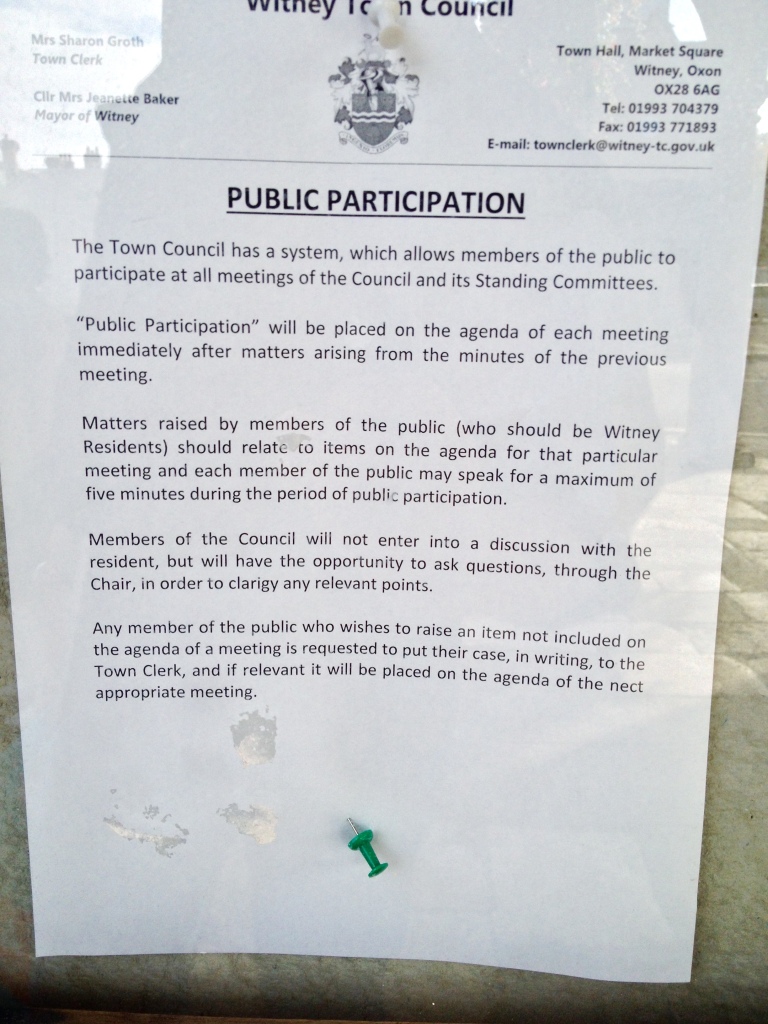The way we communicate has always changed. We’ve discovered and harnessed new media time and again – all the way from cuneiform to computers. But the newest change is possibly the most powerful and is already starting to change the way we’re governed, sold to and employed.
Actually, that’s not quite accurate – yet. What the ‘social revolution’ has done is move communication from a broadcast, monologue process to much more of an obvious dialogue. At least, in some places. It seems that this council in the Prime Minister’s constituency has just about moved on from employing a town crier with a bell. “Oh yez! oh yez! Hear ye!”

Communication between organisations, governments and businesses and those they serve has nearly always been on a broadcast basis. The politician has spoken, unchallenged apart from perhaps an interviewer, and people have listened. Or not. The business has advertised and people have bought. The only ‘dialogue’ has been at the ballot box or the cash till.
Broadcast vs Dialogue
It’s all been about broadcast – the sender of the message simply sends and the grateful public receive. And broadcast is fine. There are times when it’s essential. But some of us have been talking for years about how broadcast has insulated those who govern and sell to us about how they really need to communicate.
Communication needs to be about dialogue. But one side of that dialogue – the reader’s – has been silent – until recently. That means corporations and governments have been able to speak and write almost as they liked. Today, corporates, organisations and local authorities and governments are still struggling with the democratisation of communication.
Out of their depth
It’s tragic watching them on Facebook; businesses shouting to an empty room about how great they are. Baffled MPs and councillors ducking under Twitter onslaughts. Local authorities wondering why they get social media abuse, not involvement from people in their areas.
People are interested – so how do we engage them?
It’s not that people aren’t interested. The growth in single-issue and local pressure groups shows that, in fact, people are MORE interested in politics, business, government and society. But they’re turned off by the way these organisations communicate with them. Just listen to almost any politician trying to defend herself on BBC Radio 4’s Any Questions. It’s not dialogue – it’s blocking monologue. It’s not communication, it’s communication’s antithesis.
And it is rooted in a past where those in authority knew best. Now, those governed are as likely to know just as much as those governing. And they’re becoming much less shy about telling them so.
So, for the first time, communication really IS about dialogue. And the dialogue is showing that people aren’t interested in the big issues that the politicians are – they’re interested in the local issues that affect and hurt them. And they want to get involved.
Harnessing the power of dialogue for society
There aren’t easy answers about how government and business can involve these newly-articulate stakeholders, but, imagine the knowledge, information, wisdom, perspective and depth they’d tap into if they could harness social media’s potential for dialogue and did. And, bluntly, to achieve any sort of inclusive, progressive politics and commerce, they need to.